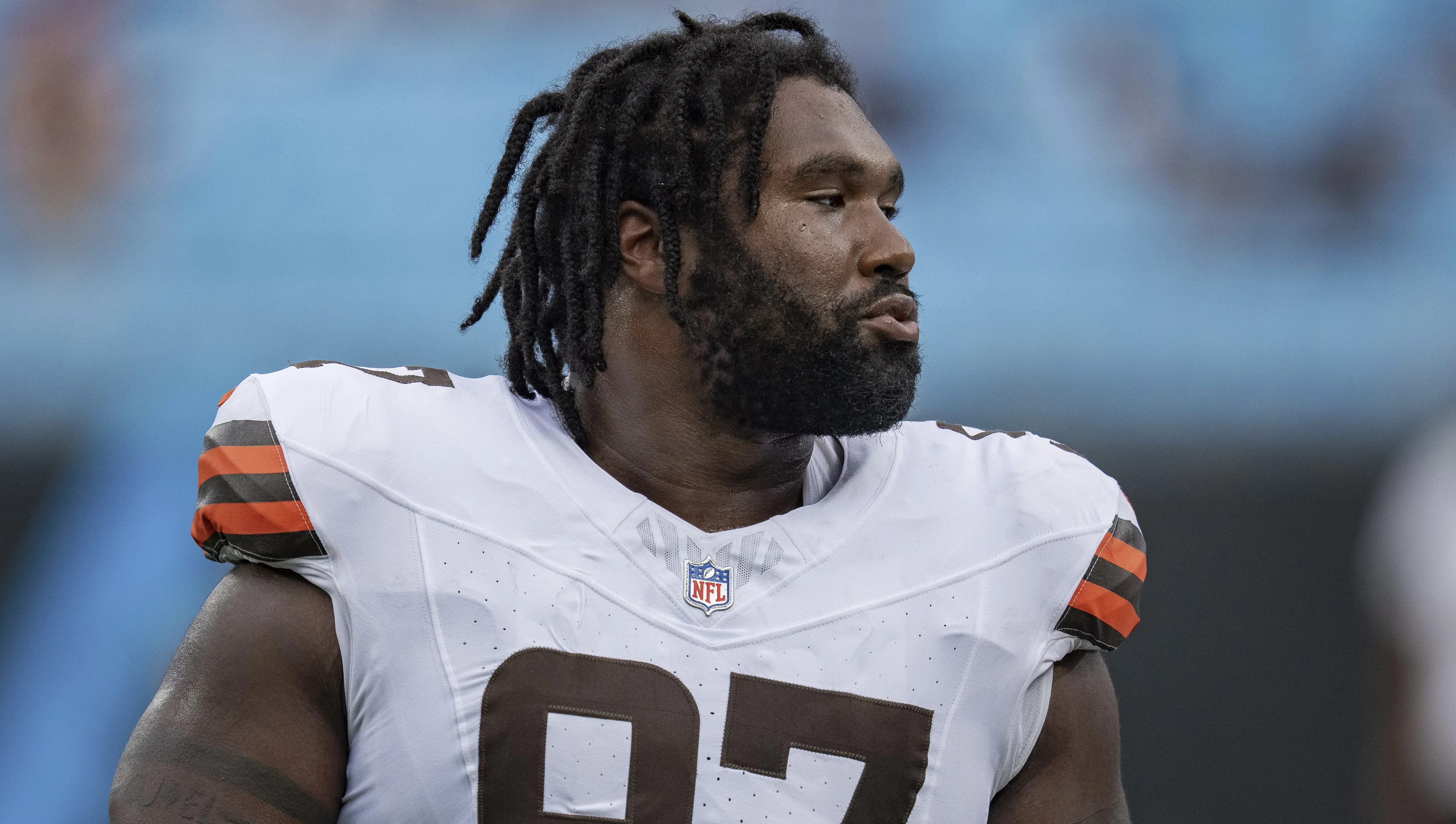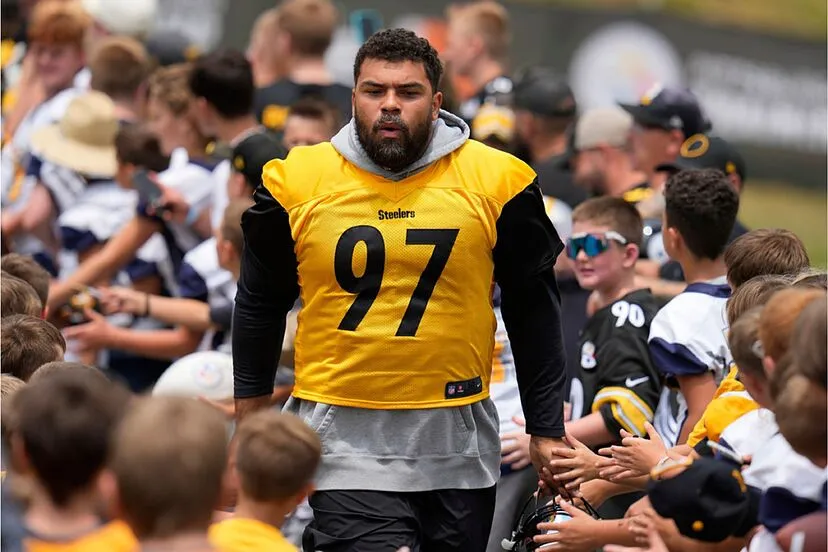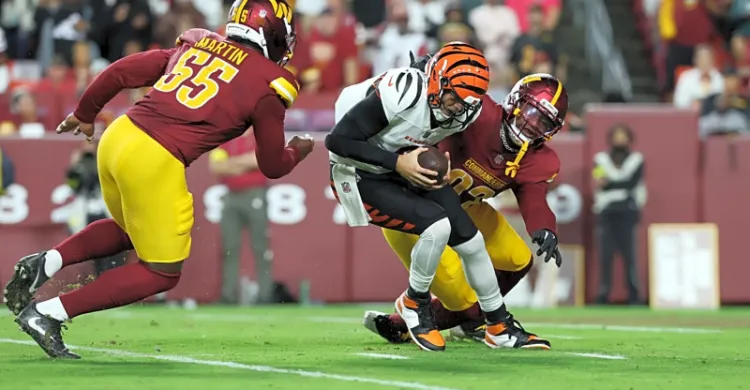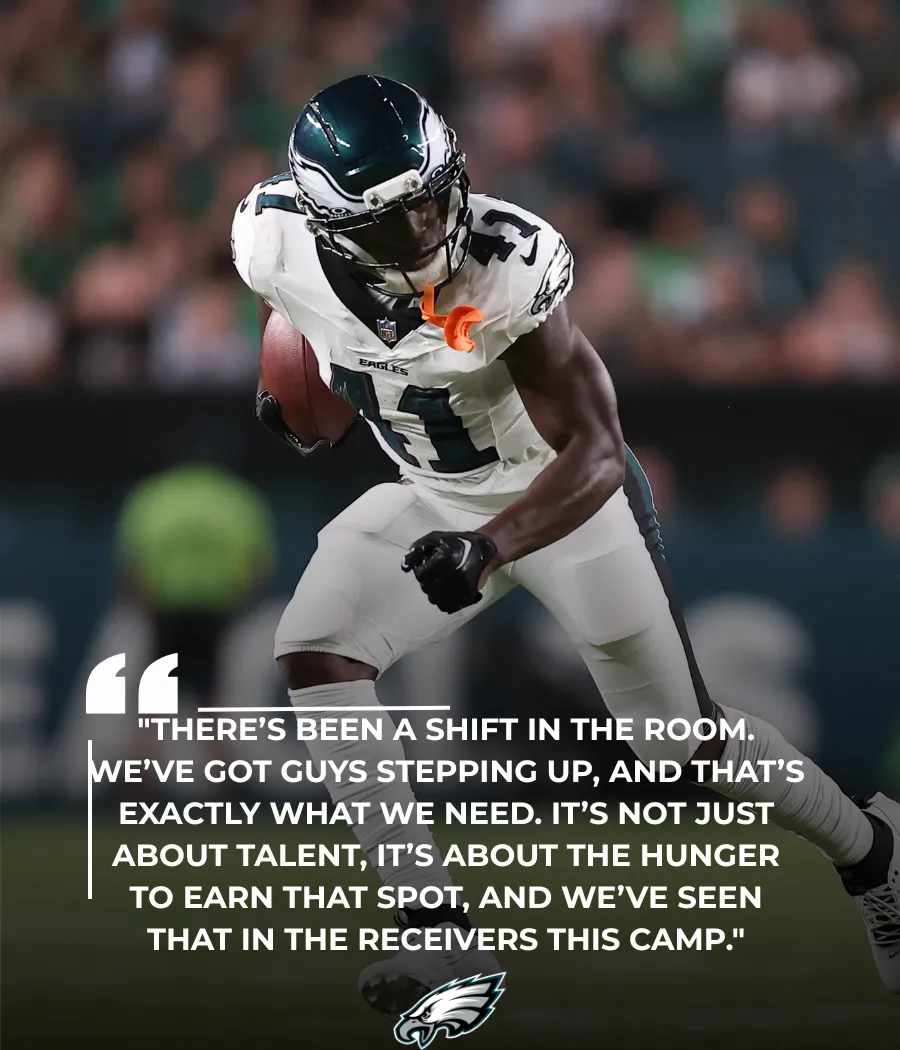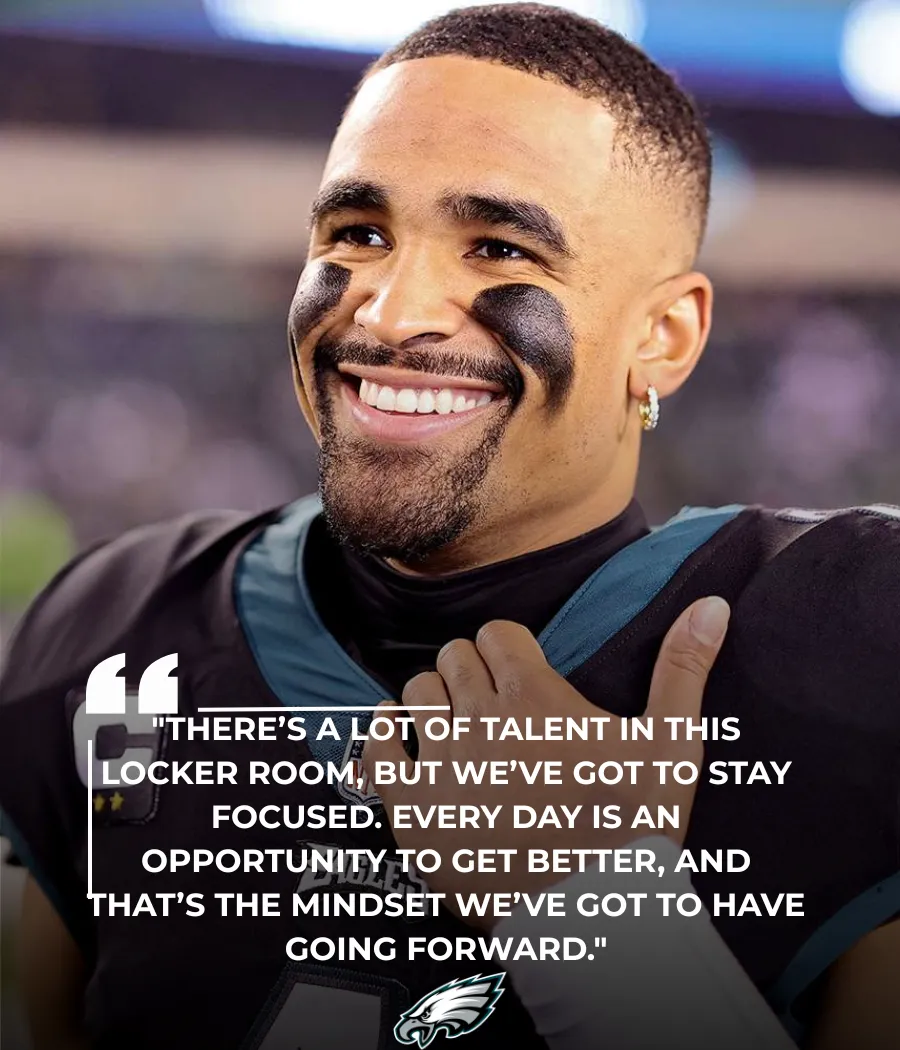Steelers Analyst Puts Cameron Heyward On Blast For Caving In Contract Dispute
Pittsburgh sports media, especially with the Pittsburgh Steelers, has never been known for pulling punches, and veteran radio host Mark Madden proved that tradition alive and well with his scathing commentary on Cameron Heyward’s recent contract hold-in. The longtime Steelers defensive lineman ended his holdout and returned to practice, but not before Madden delivered a blistering critique that has sparked debate throughout Steelers Nation.

Pittsburgh Steelers Cameron Heyward Ends Hold-In
Mark Madden didn’t mince words when addressing Heyward’s decision to hold in during training camp, calling out what he saw as a fundamentally flawed approach to contract negotiations.
“Heyward wasn’t wronged even a little bit in this skirmish,” Madden wrote in his Tribune Live column. “Heyward had already received a $13.45 million roster bonus in March. He was withholding work already paid for.”
The media personality’s criticism centered on the timing and circumstances of Heyward’s contract dispute. Having already collected a significant portion of his 2025 compensation through his roster bonus, Madden argued that Heyward was essentially refusing to perform work he’d already been paid for.
Madden’s most pointed criticism focused on Heyward’s decision-making during his 2024 contract extension. “Heyward declined to bet on himself a year ago when he signed what he later deemed to be an inferior extension. Sure, he outperformed the contract. But NFL deals don’t come with autocorrect.”
The Numbers Behind Heyward’s Argument
Despite Madden’s harsh assessment, the statistical case for Heyward deserving more money is compelling. The 35-year-old defensive lineman delivered arguably the best season of his career in 2024, earning first-team All-Pro honors with a dominant statistical performance.
Heyward’s 2024 numbers speak for themselves: 71 combined tackles, 12 tackles for loss, 20 quarterback hits, eight sacks, and a career-high 11 pass defenses. This level of production from a player in his mid-thirties is remarkable and certainly outpaced the value of his current contract.
According to Spotrac, Heyward’s average annual salary of $14.5 million ranks him 35th among all defensive linemen and 22nd among defensive tackles specifically. For a player who made first-team All-Pro, these rankings suggest significant underpayment relative to performance and market value.
“When I look around, at my position, I’m like 22nd as a D-tackle, I’m 36th as a D-lineman,” Heyward explained to reporters. “I know what I bring to this team and what I’m capable of on and off the field.”
Why Madden Believes Heyward “Caved”
According to Madden’s analysis, Heyward ended his hold-in for two specific reasons that had little to do with reaching a satisfactory resolution.
First, Madden argued that public perception was turning against the veteran defender. “He was becoming the clear-cut bad guy in the eyes of the citizens. Heyward wants to be liked. Walter Payton NFL Man of the Year, community service, blah, blah, blah.”
This criticism touches on Heyward’s carefully cultivated public image as a community leader and role model. Throughout his career, Heyward has been heavily involved in charitable work and maintains a strong connection with Pittsburgh fans. Madden suggested this desire for public approval ultimately influenced his decision to return.
The second reason, according to Madden, was organizational reality. “Heyward realized — or was strongly told — that the Steelers weren’t going to budge off their organizational policy of not renegotiating contracts that have over a year remaining.”
The Steelers’ Organizational Philosophy
The Pittsburgh Steelers have long maintained a policy against reworking contracts with more than one year remaining, and Heyward’s situation perfectly illustrates why this stance exists. With two full years left on his deal, the organization would be setting a precedent that could lead to constant renegotiation requests.
Head coach Mike Tomlin and the front office have consistently emphasized the importance of honoring contracts as written. This philosophy has served the organization well for decades, helping maintain financial discipline and preventing the kind of contract chaos that can destabilize team chemistry.
Even former NFL players have supported the Steelers’ position. Chad Johnson, the former Cincinnati Bengals receiver and longtime Steelers rival, argued on his podcast that age was a significant factor in the team’s decision-making.
“How old is Cam Heyward? They’re not doing it, they’re not doing it, they’re not doing it,” Johnson said. “36 years old, come on now.”
The Double-Edged Sword of Outstanding Performance
Heyward’s situation represents one of the unique challenges in professional sports: what happens when a player dramatically outperforms their contract? While fans and media often focus on players who underperform relative to their compensation, the reverse situation creates its own complications.
When Heyward signed his extension in 2024, it was widely viewed as potentially his final contract and a way to ensure he finished his career in Pittsburgh. The deal provided security for an aging player while giving the Steelers cap flexibility.
However, Heyward’s exceptional 2024 performance created an unexpected dynamic. His All-Pro season made his contract look like a bargain for the team while potentially costing him millions in earning potential had he waited to sign.
Lessons for Future Contract Negotiations
The Heyward situation offers several lessons for both players and organizations. For players, it demonstrates the risk of signing extensions early rather than betting on continued high performance. For teams, it shows how exceptional individual seasons can create unexpected pressure points even within well-structured contracts.
The incident also highlights the delicate balance between maintaining organizational principles and recognizing outstanding individual contributions. While the Steelers’ policy-driven approach provides consistency, it can also create friction with high-performing players.
The Broader Impact on Steelers Culture
Moving forward, the handling of Heyward’s situation will likely influence how other players approach their own contract situations. The message sent by maintaining organizational policy despite All-Pro performance could either reinforce discipline or create resentment among other players who might outperform their deals.
The relationship between Heyward and the organization appears intact, suggesting both sides found a way to move past the dispute professionally. However, the underlying tension between performance and compensation remains unresolved.
As the 2025 season approaches, the focus will shift from contract negotiations to on-field performance. Heyward’s ability to maintain his All-Pro level of play will determine whether this contract dispute becomes a footnote or a defining moment in his Pittsburgh career.
Mark Madden’s harsh assessment may have been controversial, but it captured the fundamental tension in modern professional sports between individual achievement and organizational structure—a balance that teams like the Steelers must carefully navigate to maintain both success and stability.

